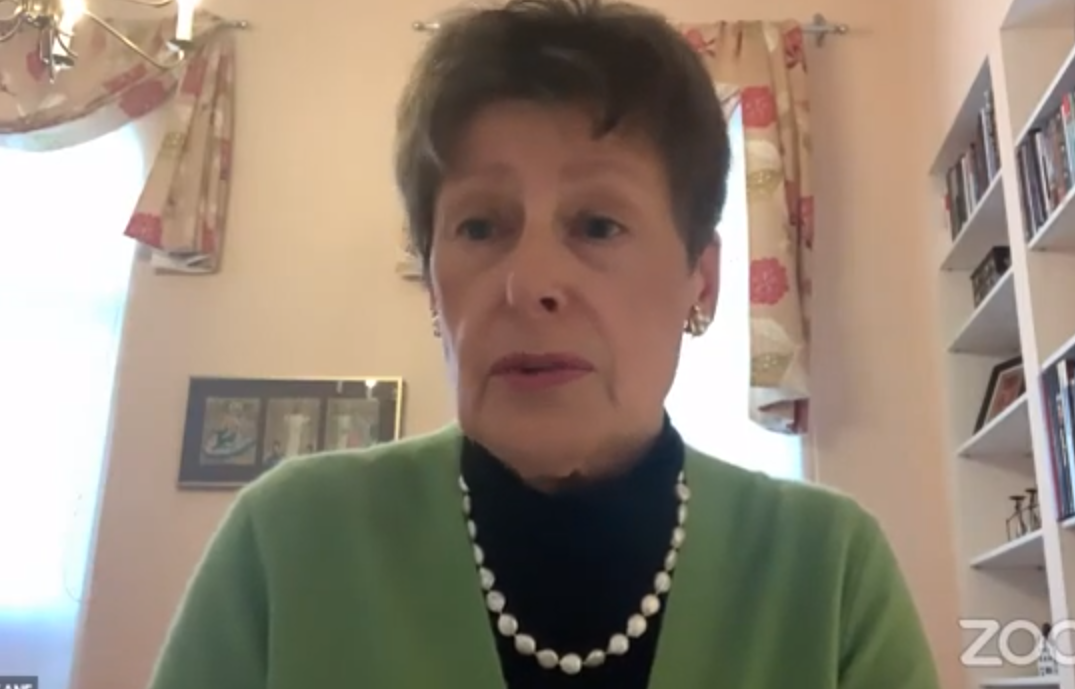
On 22 January 2021, the same day the Treaty on the Prohibition of Nuclear Weapons (TPNW) went into force, VCDNP Senior Fellow Angela Kane gave a keynote speech reflecting on the future of global cooperation to the Global Negotiation Conference, organised by the University of Zurich. Ms. Kane, also the former UN High Representative for Disarmament Affairs, concluded that the crisis in multilateralism which permeates every aspect of global affairs is at a critical juncture, and that a return to the UN's founding principles is needed.
Ms. Kane remarked that, while the negotiators of the UN Charter laid out the principles for peaceful international cooperation, the ideals behind them belong to a different generation. The UN Charter operates on a balance between State sovereignty and power politics. However, today many countries have resorted to "me-first" policies that have eroded the efficacy of the UN's work in peacekeeping and other critical work. The COVID-19 pandemic has amplified this trend, as have numerous other factors including changing geopolitical landscapes and the rise of a number of other powerful actors on the world stage, not all of them States. The proliferation of weapons of mass destruction and the abrogation of treaties put in place to prevent such proliferation is one of many symptoms.
Where does this leave multilateralism and globalism? Ms. Kane argued that the responsibility for global cooperation lies with everyone, not just world leaders, in the complex and interconnected world order of today. She asserted that world leaders should reaffirm the value of multilateralism for their part, but also that the role of transnational and regional groupings, as well as civil society should be considered. She also drew attention to the impact of the young generation on global cooperation, especially as today's youth have grown up with a wider and more global lens.
Concluding, Ms. Kane called on all stakeholders not just to act on the principles of multilateralism, including those laid out in the UN Charter, but also to show the added value that multilateralism has on global affairs. Ms. Kane's full remarks are available below.

